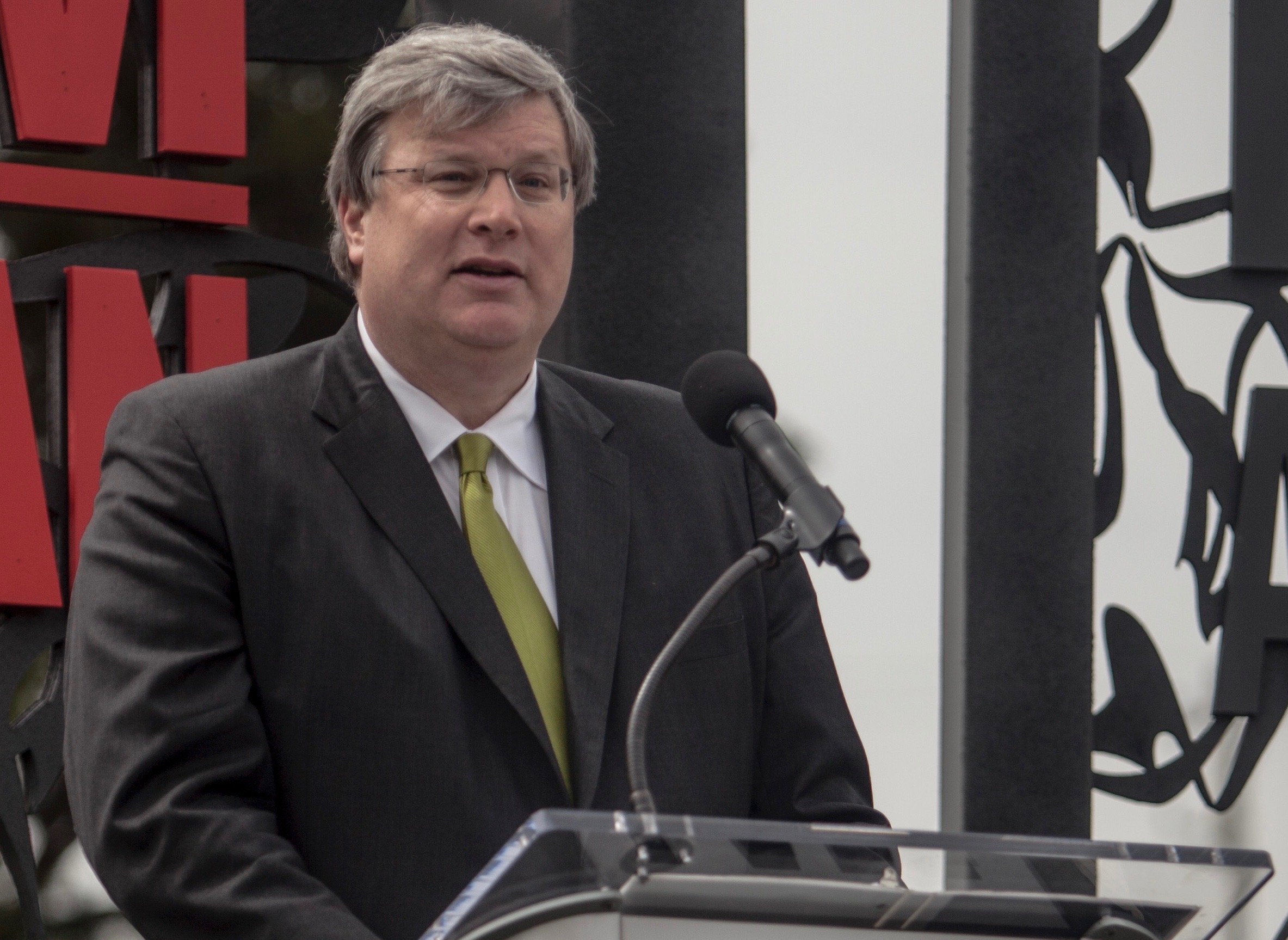Reporters Committee attorneys represent journalist suing city of Memphis over exclusion from media advisory list

Update: On Sept. 16, 2020, the district court dismissed as moot Thomas’s claims against the city of Memphis because city officials voluntarily stopped using media advisory lists to disseminate information to the public. On appeal, the U.S. Court of Appeals for the Sixth Circuit affirmed the district court’s ruling on April 30, 2021.
“While we are disappointed with the court’s decision, Ms. Thomas now has access to the media advisories as a result of this suit,” said Paul McAdoo, the Reporters Committee’s Local Legal Initiative staff attorney based in Tennessee. “And the court’s decision today provides some protection for Ms. Thomas and other journalists in Memphis because the court sent a clear signal that the city could face legal consequences if it reverts to its prior practice.”
Today, attorneys for the Reporters Committee for Freedom of the Press filed a lawsuit against the city of Memphis for refusing to include journalist Wendi Thomas on its media advisory list in retaliation for her coverage.
The complaint — filed on behalf of Thomas, the founder, editor, and publisher of the nonprofit news outlet MLK50: Justice Through Journalism — alleges that the city, along with Memphis Mayor Jim Strickland and Chief Communications Officer Ursula Madden, violated both the U.S. and Tennessee constitutions in repeatedly denying Thomas’s requests to add her email address to its media advisory list. The list is regularly used to alert journalists about newsworthy events and actions involving the city including, recently, information on how to join daily virtual press conferences with government officials addressing the COVID-19 pandemic.
The city would not provide a reason for refusing to add Thomas to the list, but in a 2017 email exchange, the city’s chief communications officer told Thomas that she had “demonstrated, particularly on social media, that you are not objective when it comes to Mayor Strickland.”
“MLK50: Justice Through Journalism is doing important investigative reporting about issues affecting the residents of Memphis, and it is flatly unconstitutional for the city to disrupt and interfere with Ms. Thomas’s ability to gather and report the news because it doesn’t like the content of her reporting,” said Paul McAdoo, the Reporters Committee for Freedom of the Press Local Legal Initiative staff attorney based in Tennessee. “After multiple attempts to get the city and its officials to stop its retaliatory exclusion of Ms. Thomas from the media advisory list, she has been left with no choice but to ask a federal district court to enforce her rights under the First Amendment and Tennessee Constitution.
“The administration has said it strives to be the most transparent and communicative in the city’s history, yet retaliating against Ms. Thomas and MLK50 for past coverage of the city is unlawful and ultimately shuts out the Memphis community relying on them for information.”
“No politician likes being the subject of critical coverage, but that comes with elected office, and I would be abdicating my role as a journalist if I failed to hold local government, including the City of Memphis, accountable,” said Thomas. “I’m disappointed that it’s come to this, since the fix is so simple: Just treat me and MLK50 like you treat other journalists and news outlets. The time and energy I’ve spent trying to get the city to respect my First Amendment rights, I could have spent reporting on and for residents struggling to make ends meet and other marginalized groups.”
Prior to filing the lawsuit, Reporters Committee attorneys also submitted a public comment on behalf of Thomas to the independent monitor responsible for administering a local consent decree meant to protect the exercise of constitutional rights. The consent decree states that “the city of Memphis shall not disrupt, discredit, interfere with or otherwise harass any person exercising First Amendment rights.”
According to the complaint, “Excluding Ms. Thomas from the media advisory list disrupts and interferes with her ability to effectively cover the city and ultimately harms her readers — residents of Memphis who are deprived of information about their government and government officials.”
The lawsuit asks the court to require the city to add Thomas to the media advisory list immediately, publish explicit standards for including a reporter or news organization on its media advisory list, and provide notice to any reporter or news organization prior to removing them from the list, along with an opportunity for that decision to be contested.
“If this lawsuit is successful, the city will have to state its policy for including journalists and outlets on its advisory lists, which is something they’ve failed to do so far,” Thomas said.
ABOUT THE LOCAL LEGAL INITIATIVE
The Local Legal Initiative of the Reporters Committee for Freedom of the Press provides local journalists and news organizations with the direct legal services they need to pursue enterprise and investigative stories in their communities by basing a Reporters Committee attorney directly in states around the country. The Local Legal Initiative is made possible with generous support from the John S. and James L. Knight Foundation. Learn more at rcfp.org/local.
Photo by Andrea Morales